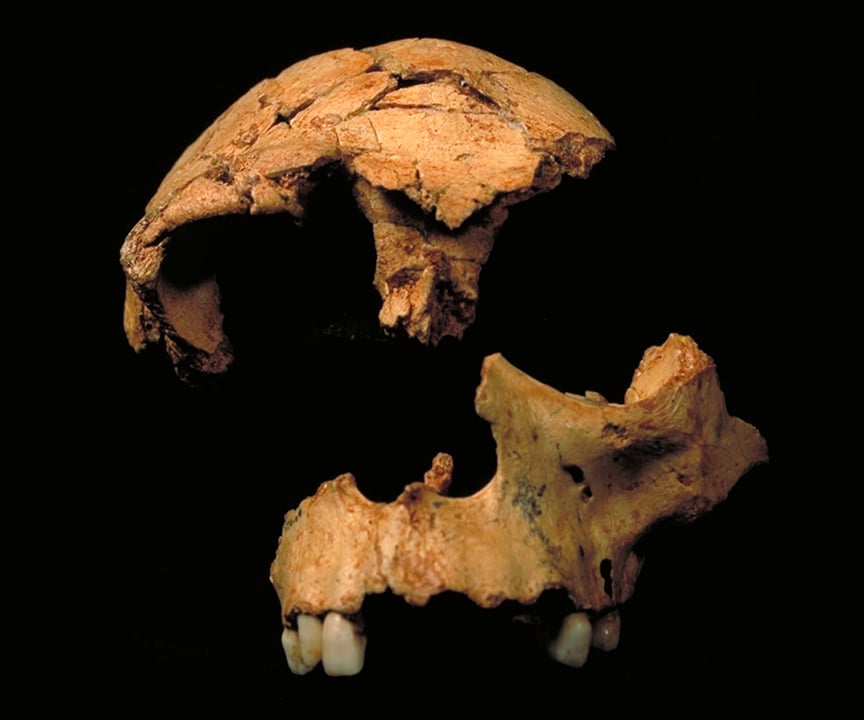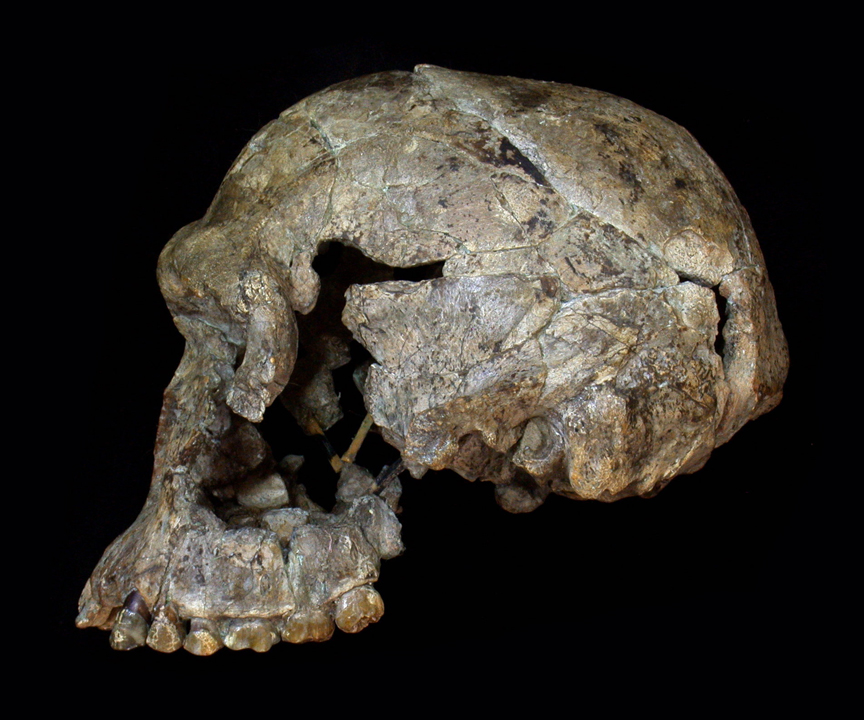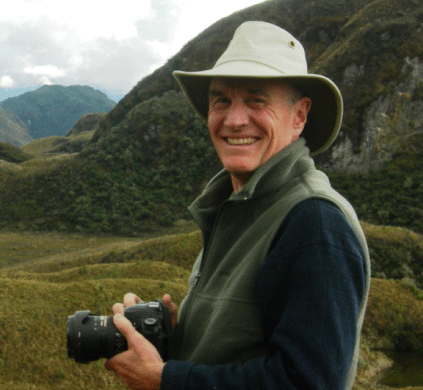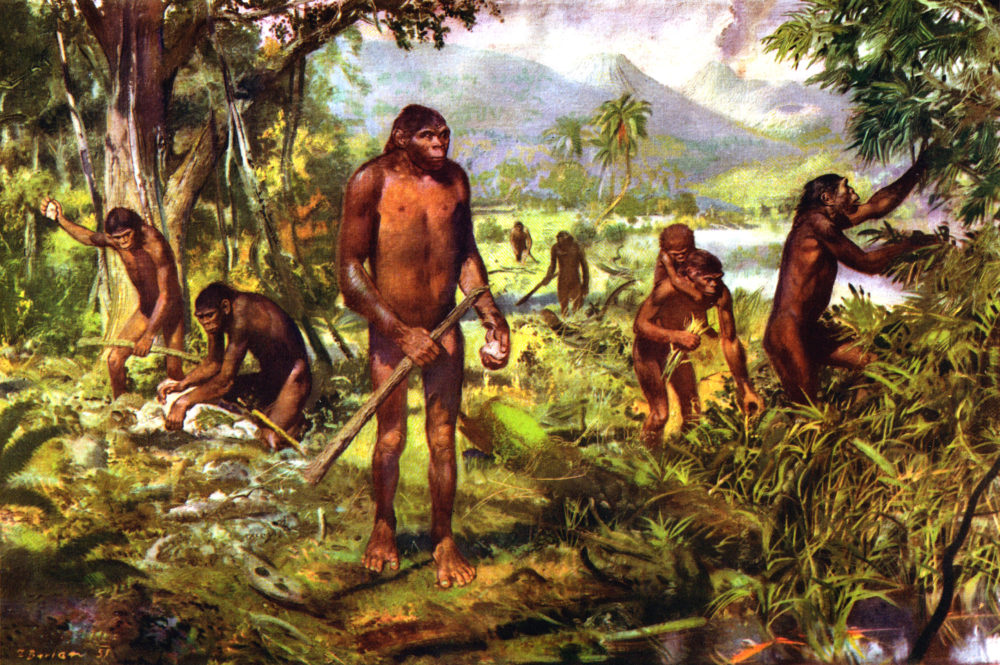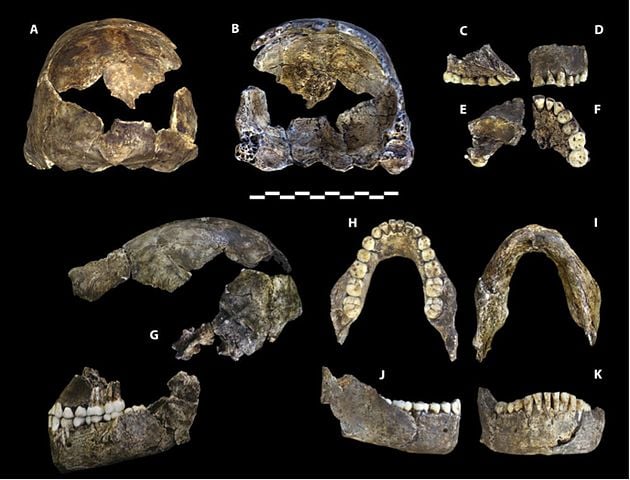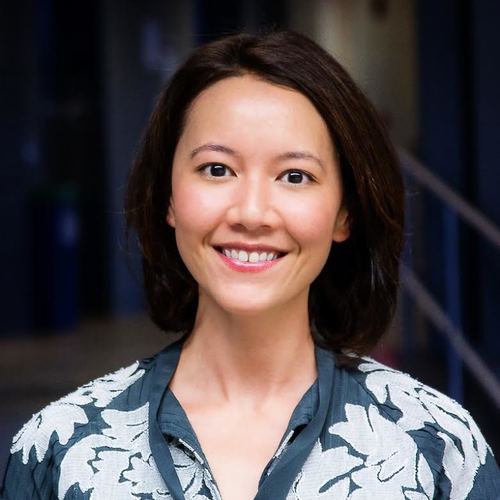California Academy of Sciences
Atapuerca: Crossroads of Human Evolution in Europe
California Academy of Sciences 55 Music Concourse Dr 94118, San Francisco, CA, United StatesIn this talk María Martinón-Torres will discuss her work tracing the origins of our closest extinct relatives, the Neanderthals. She will also share how fossils of Homo antecessor, an early human species, found at Atapuerca have shifted our understanding of the ancestry of the first Europeans.
The Origins of the Genus Homo
California Academy of Sciences 55 Music Concourse Dr 94118, San Francisco, CA, United StatesIn this talk, paleoanthropologist Dr. Bernard Wood will survey the history of attempts to find fossils of the earliest members of the genus Homo, including very recent and controversial additions. He will review the complications that arise from defining the genus and discuss how half-a-century of paleontological research has taught him what to look for within the hominin fossil record when searching for the origins of our genus Homo.
The Origins of the Genus Homo
California Academy of Sciences 55 Music Concourse Dr 94118, San Francisco, CA, United StatesIn this talk, paleoanthropologist Dr. Bernard Wood will survey the history of attempts to find fossils of the earliest members of the genus Homo, including very recent and controversial additions. He will review the complications that arise from defining the genus and discuss how half-a-century of paleontological research has taught him what to look for within the hominin fossil record when searching for the origins of our genus Homo.
Humankind: How Biology and Geography Shape Human Diversity
California Academy of Sciences 55 Music Concourse Dr 94118, San Francisco, CA, United StatesWhat effects have other species had on the distribution of humans around the world, and what effect have we had, in turn, on their distribution? And how have human populations affected each other’s geography, even existence? Alexander Harcourt brings these topics together to help us understand why we are, what we are, where we are.
Humankind: How Biology and Geography Shape Human Diversity
California Academy of Sciences 55 Music Concourse Dr 94118, San Francisco, CA, United StatesWhat effects have other species had on the distribution of humans around the world, and what effect have we had, in turn, on their distribution? And how have human populations affected each other’s geography, even existence? Alexander Harcourt brings these topics together to help us understand why we are, what we are, where we are.
Evolution and Spread of the Most Cooperative and Invasive Species: Us
California Academy of Sciences 55 Music Concourse Dr 94118, San Francisco, CA, United StatesScientists have identified several milestones in the evolution of the way humans find and consume food: increased meat portions, diet diversity, and the transition to food production. These changes have had far-reaching impacts on biological, behavioral, and cultural evolution.
Evolution and Spread of the Most Cooperative and Invasive Species: Us
California Academy of Sciences 55 Music Concourse Dr 94118, San Francisco, CA, United StatesScientists have identified several milestones in the evolution of the way humans find and consume food: increased meat portions, diet diversity, and the transition to food production. These changes have had far-reaching impacts on biological, behavioral, and cultural evolution.
The Curious Case of Homo naledi
California Academy of Sciences 55 Music Concourse Dr 94118, San Francisco, CA, United StatesJoin Dr. William Harcourt-Smith as he explores Homo naledi, the early human relative recently discovered deep within Rising Star cave in South Africa. This find, consisting of over 1500 fossil fragments, is arguably one of the most significant fossil discoveries of the last half-century, and Harcourt-Smith led one of the first teams to examine the fossils.
The Curious Case of Homo naledi
California Academy of Sciences 55 Music Concourse Dr 94118, San Francisco, CA, United StatesJoin Dr. William Harcourt-Smith as he explores Homo naledi, the early human relative recently discovered deep within Rising Star cave in South Africa. This find, consisting of over 1500 fossil fragments, is arguably one of the most significant fossil discoveries of the last half-century, and Harcourt-Smith led one of the first teams to examine the fossils.
Cooking for Calories: Food Processing and the Shape of Human Energy Gain
California Academy of Sciences 55 Music Concourse Dr 94118, San Francisco, CA, United StatesAll human cultures process food extensively by cooking and non-thermal means, a feature that makes us unique among species. Why is food processing so universal? When did it begin? And why might it threaten our health today? In this lecture, Rachel Carmody presents evidence from diverse fields, showing that food processing increases the calories we … Continued
Cooking for Calories: Food Processing and the Shape of Human Energy Gain
California Academy of Sciences 55 Music Concourse Dr 94118, San Francisco, CA, United StatesAll human cultures process food extensively by cooking and non-thermal means, a feature that makes us unique among species. Why is food processing so universal? When did it begin? And why might it threaten our health today? In this lecture, Rachel Carmody presents evidence from diverse fields, showing that food processing increases the calories we … Continued
Olduvai Gorge and the Origins of Human Ecological Dominance
California Academy of Sciences 55 Music Concourse Dr 94118, San Francisco, CA, United StatesIntelligence and technology have made humans one of the most adaptable species, and also the most ecologically dominant. With this dominance we have surpassed levels of planetary sustainability and are causing a modern mass extinction. In this lecture, Rob Blumenschine describes nearly 30 years of research at Olduvai Gorge that sheds light on the origin … Continued
